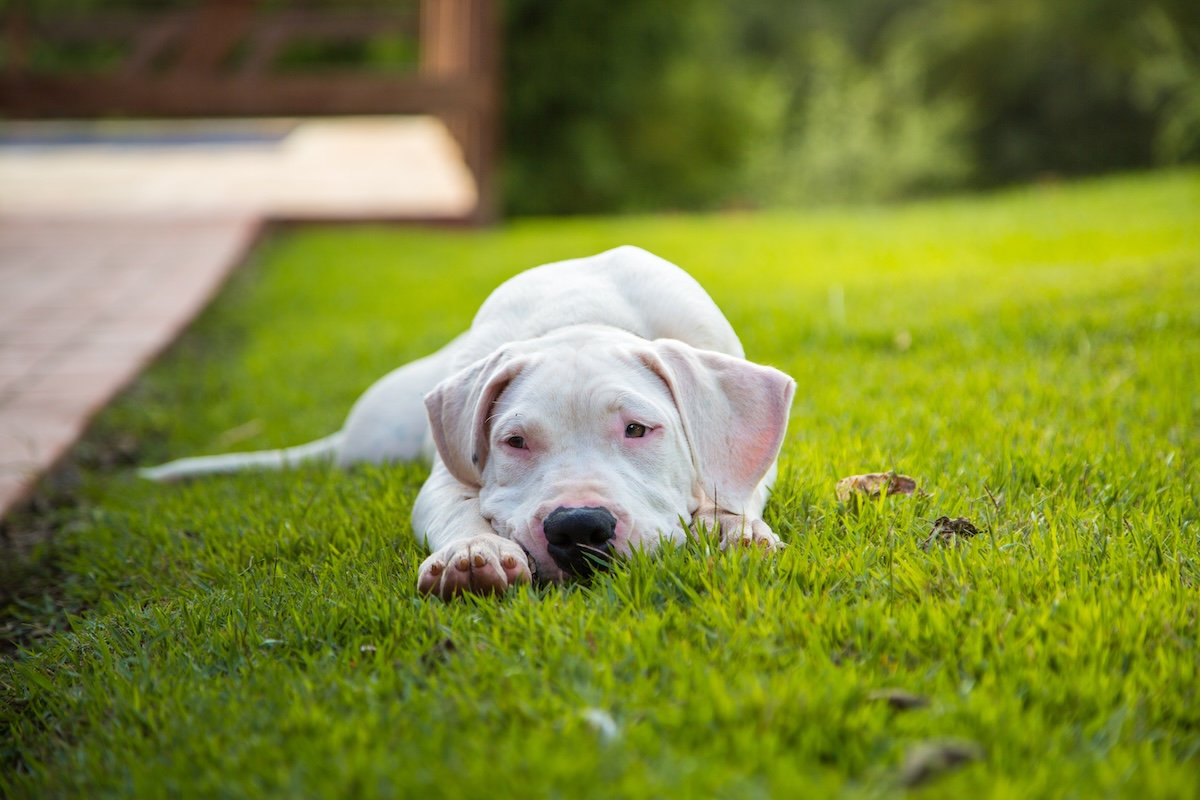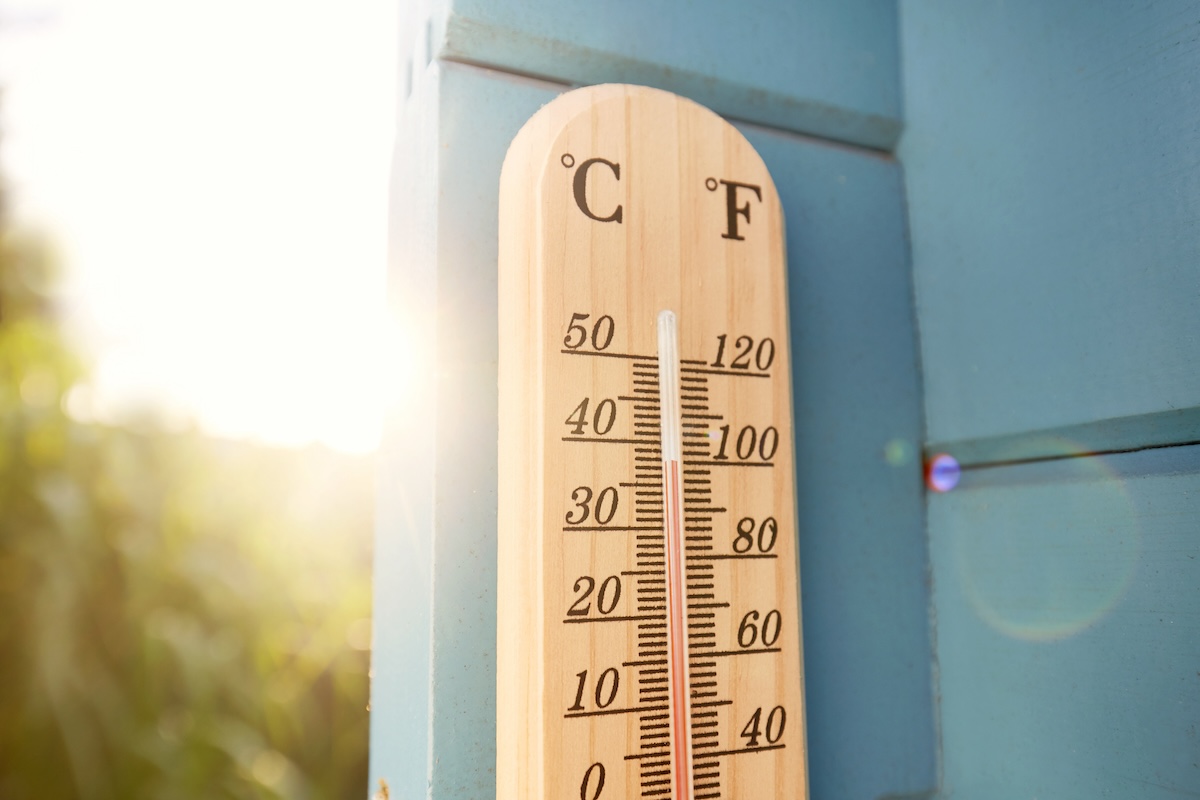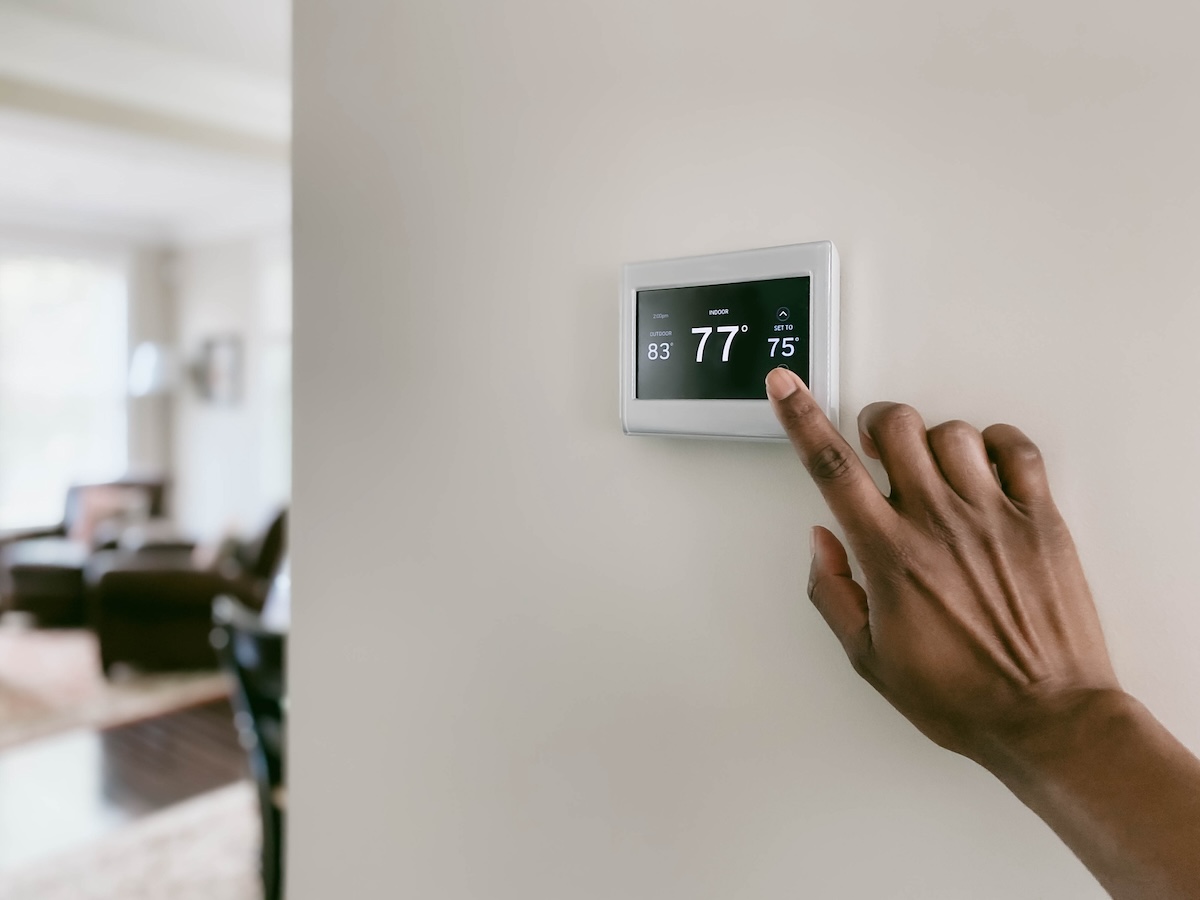

We may earn revenue from the products available on this page and participate in affiliate programs. Learn More ›
The expression “dog days of summer” refers to the hottest stretch of the year, which usually takes place between early July and August. Due to climate change, however, the dog days may stretch longer in certain parts of the country. Since this time of year is so hot, it’s often associated with lower activity levels and a general feeling of lethargy.
The Origin of the Dog Days of Summer
The concept of the dog days goes back thousands of years and holds a historical and astronomical significance. The dog days actually have their origins in Roman history. The ancient Romans realized that the hottest days of summer aligned with the rising of Sirius, a star in the Canis Major constellation and one of the brightest stars in the night sky. This astrological movement was, in turn, associated with drought, thunderstorms, fever, and bad luck. The term is derived from the Latin “dies caniculares,” which translates roughly to “the puppy days.”
This belief wasn’t unique to the Romans. The Greeks and Egyptians also associated this time with the rising of Sirius and connected seasonal events to its appearance. In Greece, this bright star foretold fever and sudden thunderstorms.
Modern Interpretation of the Dog Days

The meaning of “dog days of summer” has changed over time. Today, the dog days of summer are less about the stars and more about the oppressive heat and its effects on daily life. This period, which typically lasts from July 3 to August 11, is characterized by high temperatures, often leading to discomfort and a slowdown in activities.
People commonly use the term to describe the sluggish feeling that comes with extreme heat. The dog days of summer is a time when many prefer to stay indoors, seek out air-conditioned spaces, or cool off in bodies of water. The phrase has also permeated popular culture, symbolizing laziness and inactivity.
The Cultural Significance of the Dog Days
The dog days of summer have also found their way into literature, music, and other forms of art. Many writers and artists use this period to symbolize struggle, endurance, or a period of intense emotion. The phrase captures the essence of summer’s peak, blending both its beauty and its challenges.
In literature, the dog days are often depicted as a time of reflection or change. The oppressive heat can serve as a metaphor for internal turmoil or transformation. In music, the phrase evokes a sense of nostalgia, capturing the lazy, hazy days of summer.
The Impact of the Dog Days on Daily Life

During the height of summer, the extreme heat can have an effect on individuals’ health, lifestyle, and daily routines. High temperatures may lead to health problems such as heatstroke and dehydration. It’s important to stay hydrated, wear light clothing and refrain from engaging in strenuous activities during the hottest parts of the day.
While the definition of dog days of summer doesn’t necessarily have anything to do with dogs, this time of year can still affect your pets. Some dog breeds are susceptible to heat and may require special care when temperatures rise. Always make sure your furry friends have lots of water and refrain from taking them for long walks during peak heat hours.
Coping Strategies for the Dog Days

There are lots of simple strategies to escape the summer heat. Stay indoors at times of day when it’s hottest, use a fan or air conditioning when possible, and stay hydrated by drinking lots of water. Avoid cooking in your kitchen and opt for cold foods like salads and ice cream to cool you down.
Josh Mitchell, HVAC technician and owner of Air Conditioner Lab, has some tips for staying cool during the summer dog days. He says, “If you have air conditioning, use it efficiently. Set your thermostat to a comfortable yet economical temperature, usually around 78 degrees [Fahrenheit], when you are home. Use programmable thermostats to increase the temperature when you are not home to save energy.”
Mitchell also recommends optimizing your home’s cooling power by using ceiling fans. “These can complement your air conditioning by circulating air and making rooms feel cooler even at higher thermostat settings,” he says.
Water-based activities are another great way to cope. Hitting the local pool, heading to the beach, or having a friendly water fight all provide respite from the heat.
Final Thoughts
The dog days of summer represent a mix of history, astronomy and culture. Learning about the origin and meaning of “dog days” reveals how this time of year has impacted life for centuries. Whether you see it as a difficult period or a chance to savor the summer warmth, the dog days are an inevitable part of the changing seasons.
It’s crucial to stay cool, keep hydrated and be aware of how the heat affects both people and pets during this time of year. Discover ways to appreciate the summer days, and remember that—like all seasons—the dog days will come to an end eventually.
